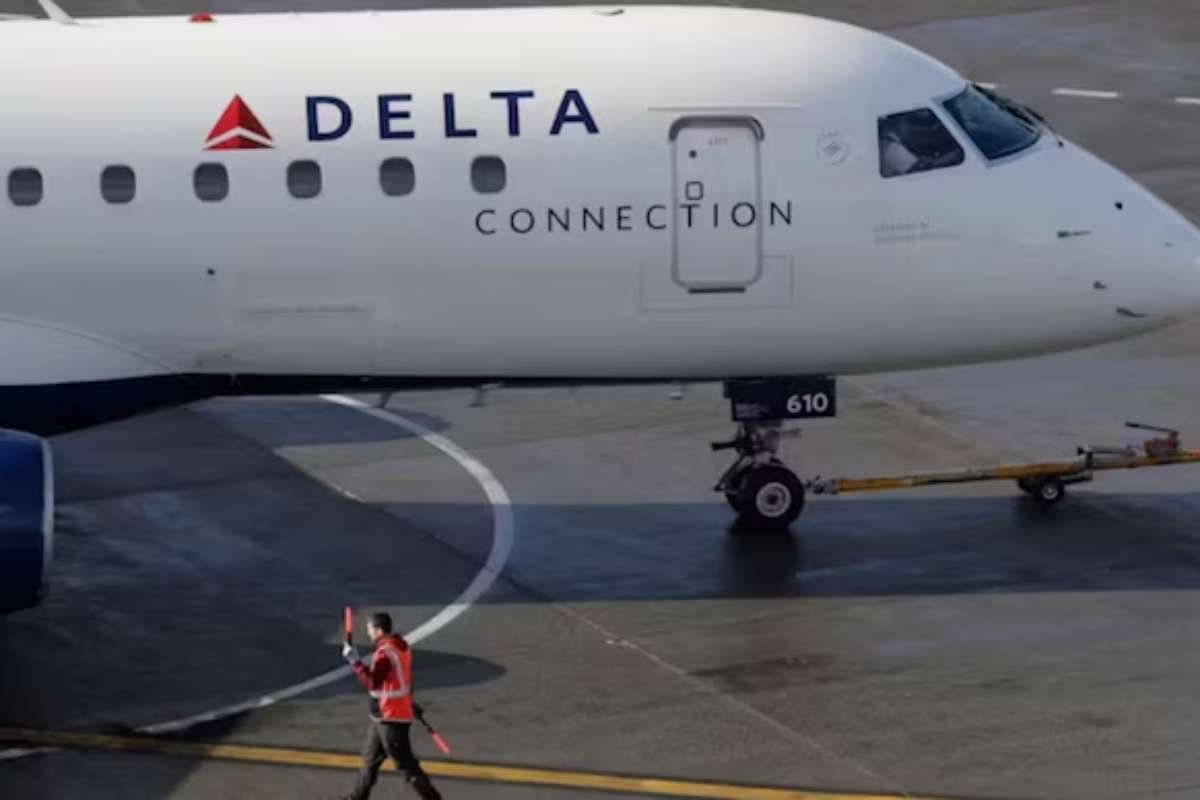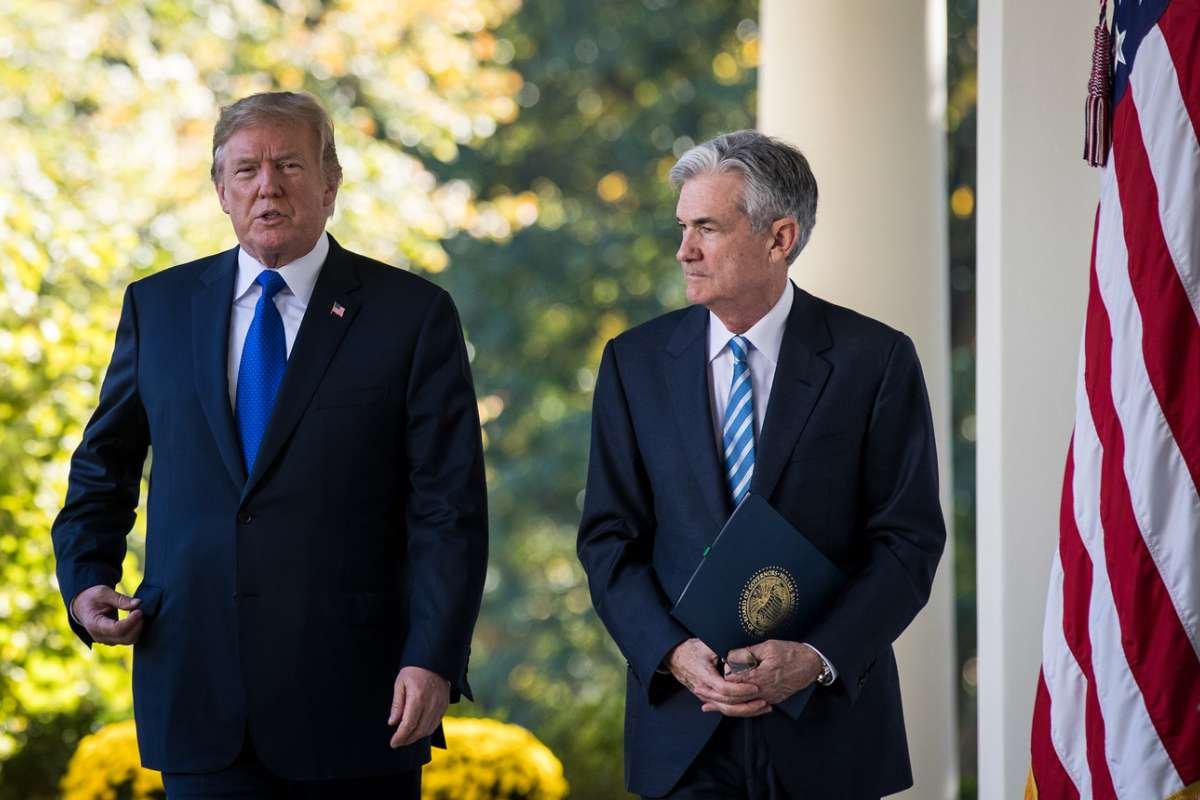(Source – indiatoday.in)
Election-Driven Travel Uncertainty Affects Delta’s Q4 Outlook
Delta Air Lines, one of the largest U.S. carriers, has raised concerns about a potential hit to its fourth-quarter revenue due to the upcoming U.S. presidential election. The Atlanta-based airline noted that consumers are prioritizing staying home during the election period, which has led to a slowdown in discretionary spending on travel. Delta estimates that this could result in a 1 percentage point drop in unit revenue for the December quarter, a significant impact that has caught some analysts by surprise.
Thomas Fitzgerald, an analyst with TD Cowen, expressed concern over the unforeseen depth of this effect, stating, “The U.S. presidential election turned out to be a larger headwind than most expected.” Delta’s President, Glen Hauenstein, explained during a recent earnings call that domestic travel demand typically weakens in the weeks surrounding an election. However, Hauenstein reassured investors that while bookings might dip in November, demand is expected to rebound in December.
Despite the election-related challenges, Delta emphasized that the current quarter could still be one of its most profitable fourth quarters ever, driven by improved pricing strategies and robust holiday travel bookings. The airline’s shares, which initially dropped following the news, managed to stabilize with a slight 0.1% decline, trading at $50.78 by mid-day Thursday.
Profitability and Capacity Adjustments in Focus
While the election looms as a potential disruptor, Delta remains optimistic about its overall financial performance. The airline has forecasted an adjusted profit ranging from $1.60 to $1.85 per share for the quarter ending in December, aligning with analysts’ expectations of $1.70 per share, according to data from LSEG. Delta also anticipates a year-on-year revenue increase of 2% to 4%, supported by a 3% to 4% increase in capacity.
The company has credited its pricing power across various markets as a key factor driving its profitability. U.S. airlines, including Delta, have strategically adjusted their capacity to stabilize pricing after an oversupply of seats during the summer season forced carriers to slash fares, negatively impacting earnings. Capacity growth, particularly in the domestic market, has slowed significantly, with annual domestic seat growth dipping to 1.5% in October and November compared to 5.5% in July.
According to analysts at BofA, this moderation in capacity, coupled with a 25% year-over-year decline in jet fuel prices in North America, has bolstered the earnings outlook for the industry. This improved outlook has driven a 25% increase in the NYSE Arca Airline index since early August, outpacing the S&P 500’s 8% rise during the same period. Delta’s shares have surged more than 30% during this time, reflecting investor confidence in the airline’s ability to navigate market challenges.
Performance Marred by Cyber-Related Disruptions
In addition to election-related concerns, Delta faced significant challenges in the third quarter due to a global cyber outage, which led to mass flight cancellations. The disruptions stemmed from a software update by cybersecurity firm CrowdStrike in July, which caused system issues for Microsoft customers, including several airlines. While other major U.S. airlines were able to recover quickly, Delta experienced extended disruptions, resulting in the cancellation of approximately 7,000 flights over five days. This affected the travel plans of over 1.3 million customers.
As a result, Delta reported an adjusted profit of $1.50 per share for the September quarter, falling short of analysts’ expectations of $1.52 per share. The airline noted that the cyber outage led to a 45 cent-per-share hit to its third-quarter earnings. Despite these setbacks, Delta remains optimistic about its ability to recover and continue its upward trajectory in the final quarter of the year.
In summary, while the U.S. presidential election poses short-term challenges for Delta’s revenue, the airline’s long-term outlook remains strong, supported by strategic capacity management, favorable fuel costs, and resilient holiday travel demand.
Did you find this news helpful? Visit more of our blogs! The Enterprise World






